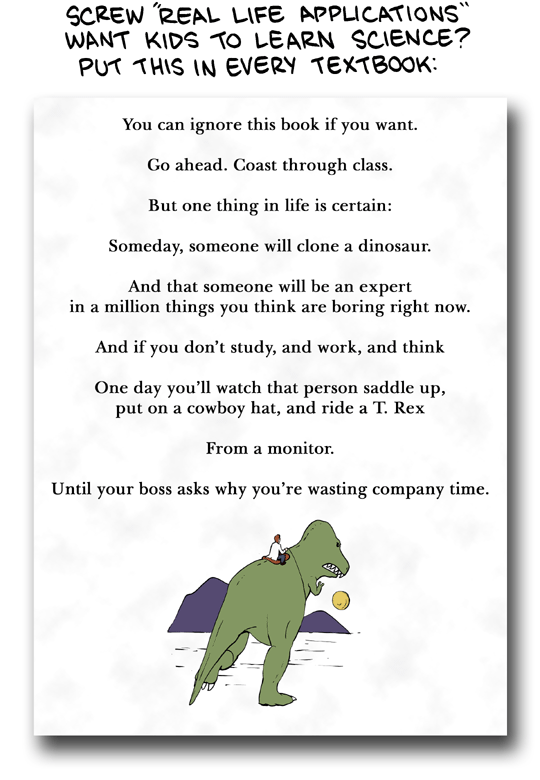The answer is (or should be), "everyone".
Roissy links to the following amazing picture, which is a computer composite of the faces of women from a lot of different countries. By combining lots of traits, the average traits of each group are highlighted. The full size image is
here. There's such a gold mine of stuff to talk about here, but I want to focus on one big point.
I title the picture below:
Attractiveness(Average) > Average (Attractiveness)
Let's face it, these are fairly attractive pictures. So what's the reason?
It's related to the analysts' consensus forecast problem. It's a well known fact that the average opinion of a bunch of analysts (sports commentators, stock analysts, forecasters of some sort) is generally better that the median person in terms of accuracy. In other words, take 10 guys who forecast football game outcomes. Each game, find the average prediction (i.e. if 7 guys favour the Fremantle Dockers to win, pick the Fremantle Dockers). An algorithm that always picks the same as the average of the 10 guys will do significantly better than the 5th guy, and many times will actually perform better than any of the 10 did individually.
The reason this holds is that each individual guy is subject to mistakes. But if those mistakes are independently distributed, then taking an average will cause the noise in the estimate to cancel out. Hence, better forecasting. The key point is that errors are symmetrically bad. Being too optimistic or too pessimistic will both screw up your forecasts. As long as the distribution of forecasts is centred on the true value, the average of all forecasts will tend to improve on the median forecast.
So how will this help in faces? The answer is that it improves any trait where deviations in either direction are bad. If your nose is too big or too small, both are bad. If your eyes are too close together or too far apart, both are bad. If your face is too wide or too thin, both are bad.
There's a certain number of traits that fall into this category, because as Roissy notes, facial beauty favours symmetry. Any individual will have variation in these traits. The average of all people is much more likely to have symmetry across
all of these symmetrically distributed traits, and thus look better. The average person, on the other hand, might score well on face shape, but have a nose that's too big (or too small). Hence they lose points relative to the composite image.
The key to the improvement of the average is that
being in the middle of that trait is the best point. This is strongest in facial traits, where slight asymmetries in things like the height of each eye can quickly reduce attractiveness.
So where
won't this hold? In other words, in which traits will the average woman merely look average, rather than good?
The answer is cases where the middle of the distribution isn't the best place to be. In terms of typical male perceptions of looks, for a start I'd say weight and breast size. Most men favour bigger breasts and skinnier women, and the number of women who are too skinny or too buxom is likely to be small. To a first approximation, more is always better.
In these cases, the attractiveness of the average will be similar to the average of the attractiveness, because the middle of the distribution is not the optimal point. On these traits, the average woman will only be average.
Moving past looks, the average woman would probably only score average ratings in terms of being funny, being athletic, being a good cook - pretty much anything where more is generally better, they'll only be average.
But she will have a prettier face than average. Because there, symmetry is king.
I don't know if there's an equivalent image for men, but I'd bet a large amount of money that the average man is attractive too. Even without looking at the picture, I'd trade in my own looks (which, let's face it, are
considerable) for the average.
The other posts that I considered writing for this picture (and for which a sentence will have to suffice) is this: I wonder what the tendency of the average woman to be smiling says about the likely personalities of the people in those countries? My guess is it says a lot. Average hairstyle says something too (as do the wisps of other hairstyles - fringes, hair up, that kind of thing). Lithuanians love fringes - who knew?









